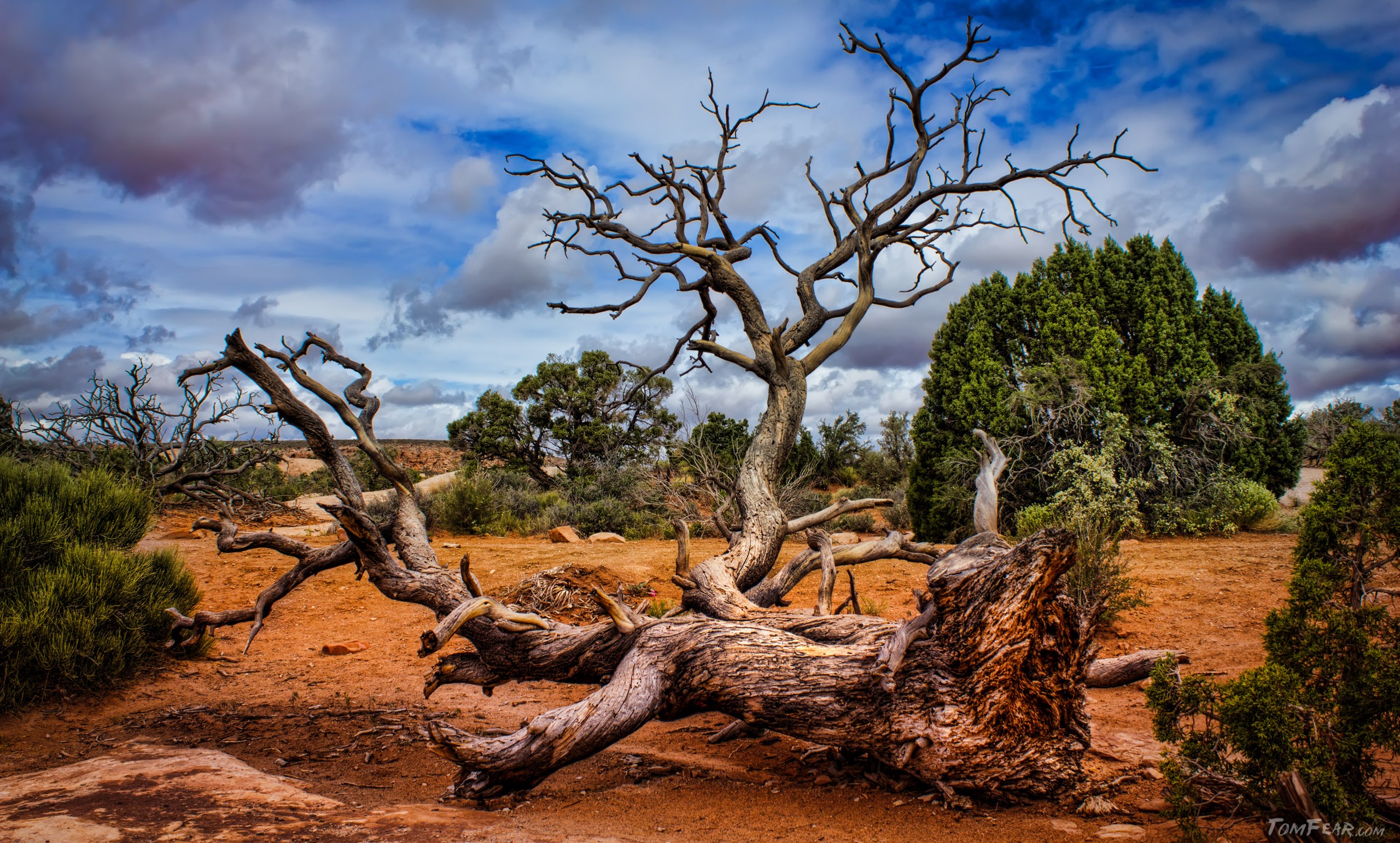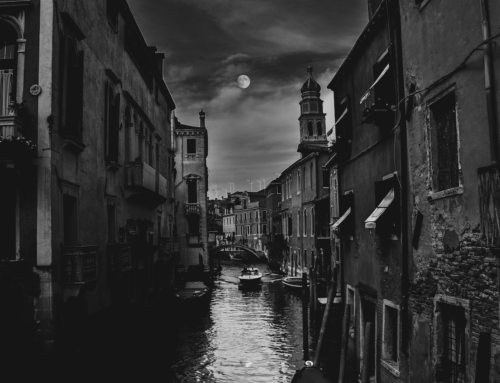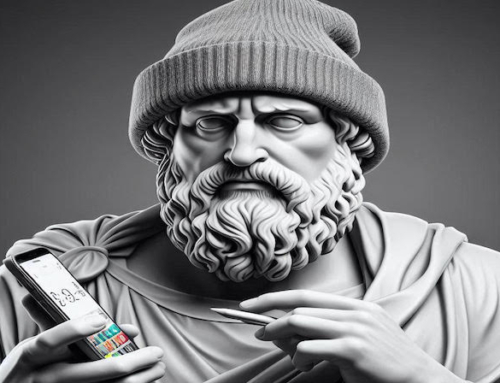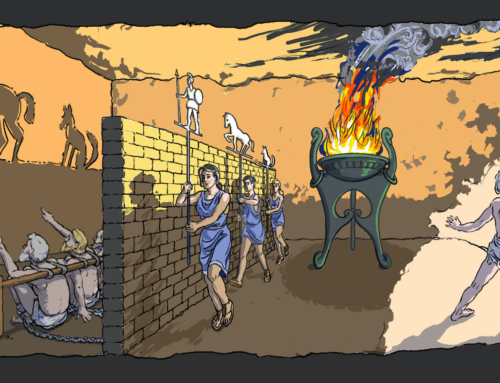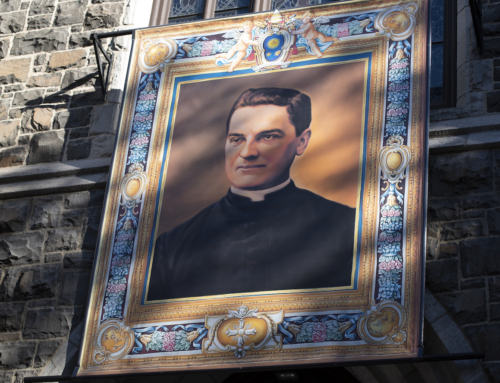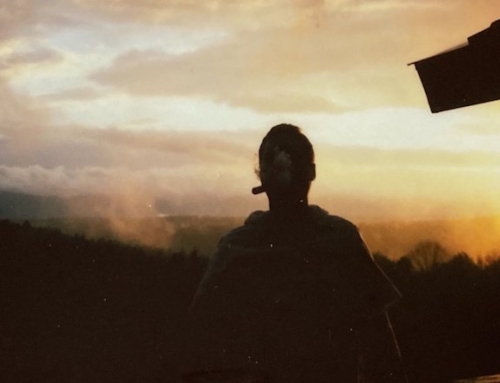In the beginning, God created the heavens and the earth.
Suddenly, there was a material reality.
For us, matter is the fundamental and most apparent level of reality. When we want to say that something’s “really there,” we render it as material as possible. We say, “It’s concrete.” “It’s tangible.” “It’s flesh and blood.” When we want to say that something’s not very real, we render it as lightweight and immaterial as possible. We say, “It’s ethereal.” “It’s just an idea.”
But this tendency doesn’t reflect the actual ordering of reality. It just betrays our particular vantage point as material creatures within a material universe.
I like to think of the angels first considering the creation of the cosmos, because for them the order would have been just the opposite. Seeing the universe, they must have thought, Beings which are spread out across space and time? Beings which are composed of various pieces? Beings which can fall apart?
Perhaps when angels want to express something that is not very real, they say, “It’s like a stone, or a planet.”
They must find it so funny that some of us have trouble believing that there is a non-material reality. It would be like us hearing a couple of clouds up in the sky agreeing that there could not possibly be something more solid than a raincloud.
But indeed, we are the ephemeral ones, waiting to attain a deeper reality. For all of the world’s beauty and vigor and life, it is nonetheless a place where things are continually formed out of dust and then fall back into dust.
For some, this reality is cause for despair. The impermanence of the world can be terrifying if you think that this material order is the only level of reality.
But for others, this impermanence is itself one of the best reasons for belief in God.
Thomas Aquinas said that it shows that nothing in the universe exists of necessity, and that the universe must therefore receive its existence from something which does necessarily exist—which is another way to say God.
Or, a character in a novel I’m reading put it like this: “Because what can be touched falls into dust there can be no mistaking these things for the real.” Rather, “they are only tracings of where the real has been” (The Crossing, Cormac McCarthy).
This material order is a wondrous place, and I continually delight in its colors and textures and smells and sounds. But what I love most about it is that it is continually telling me that it is itself but a shadow of something infinitely more real. Like a personalized advertisement, it tells me, “If you liked the dust of this world, you’re gonna love the Reality that created it.”
✠
Image by Tom Fear

